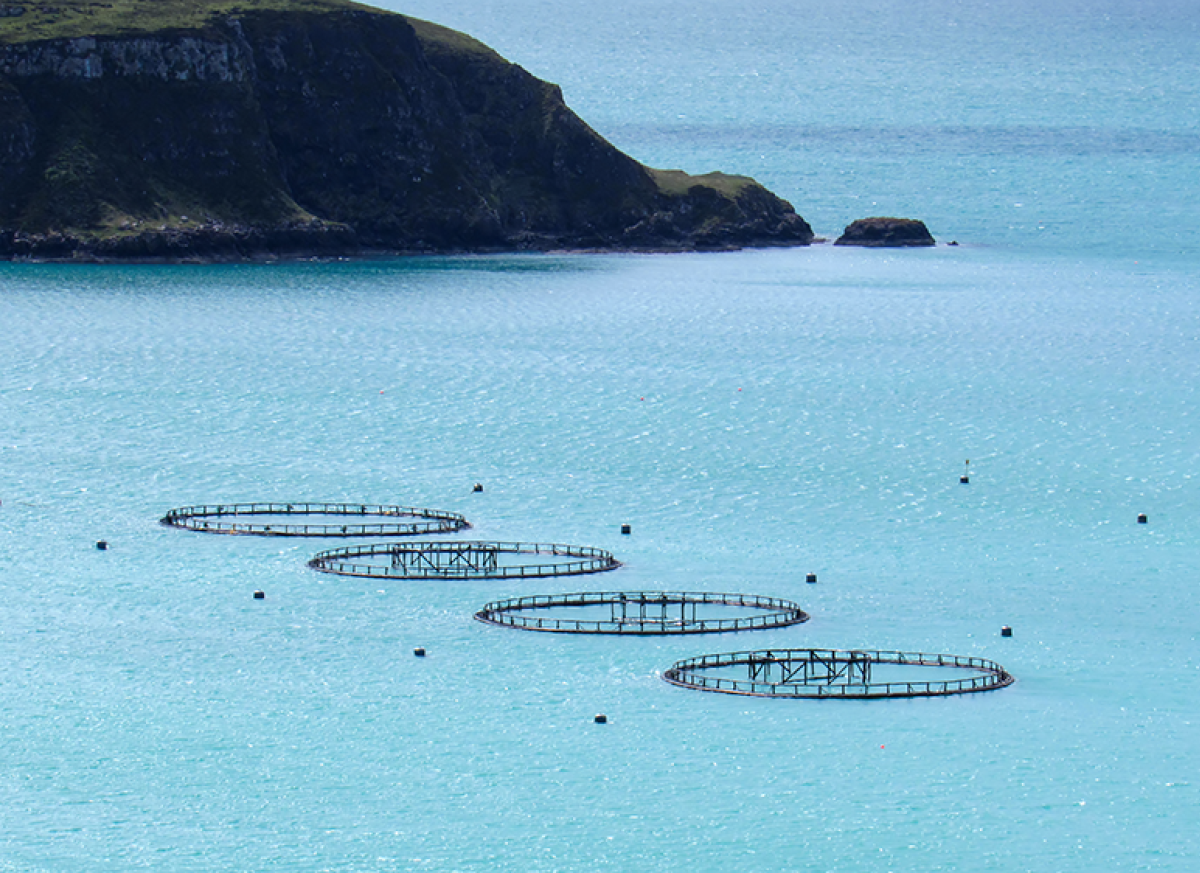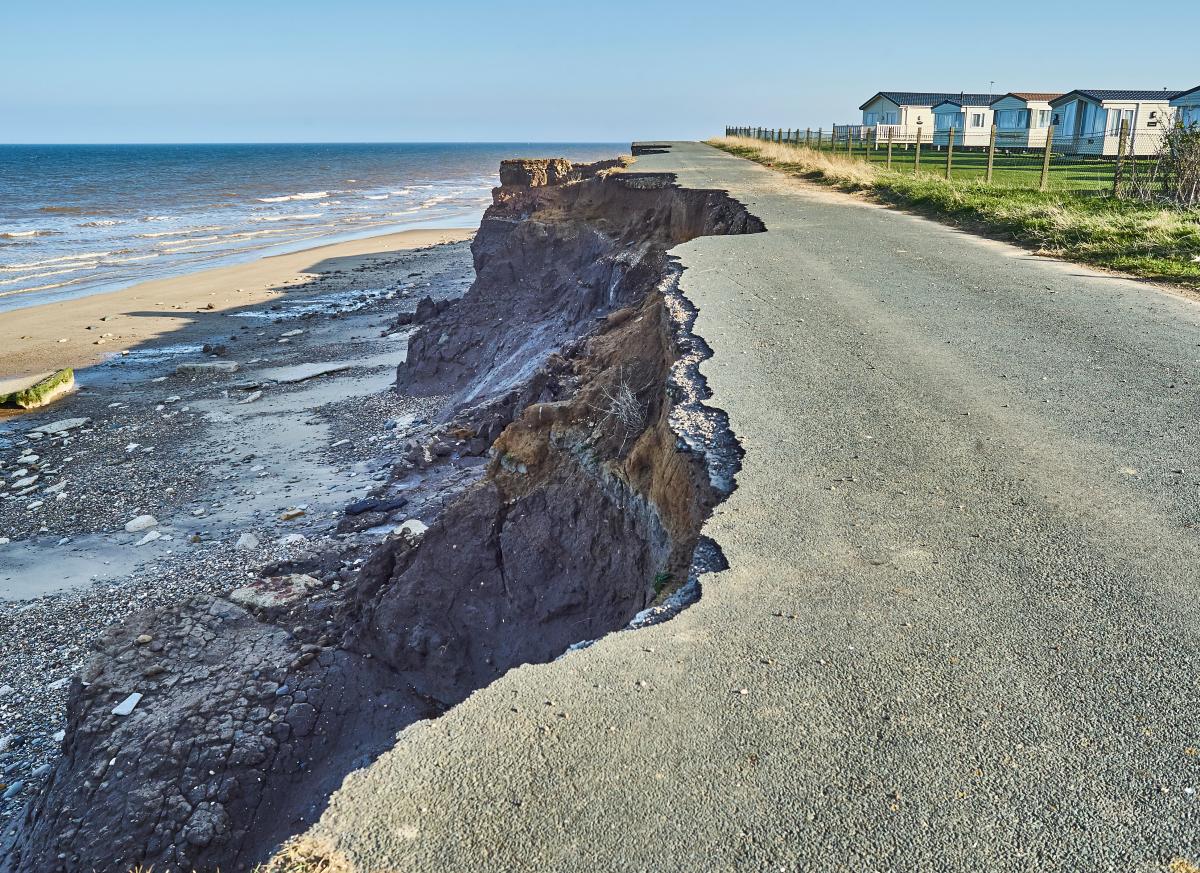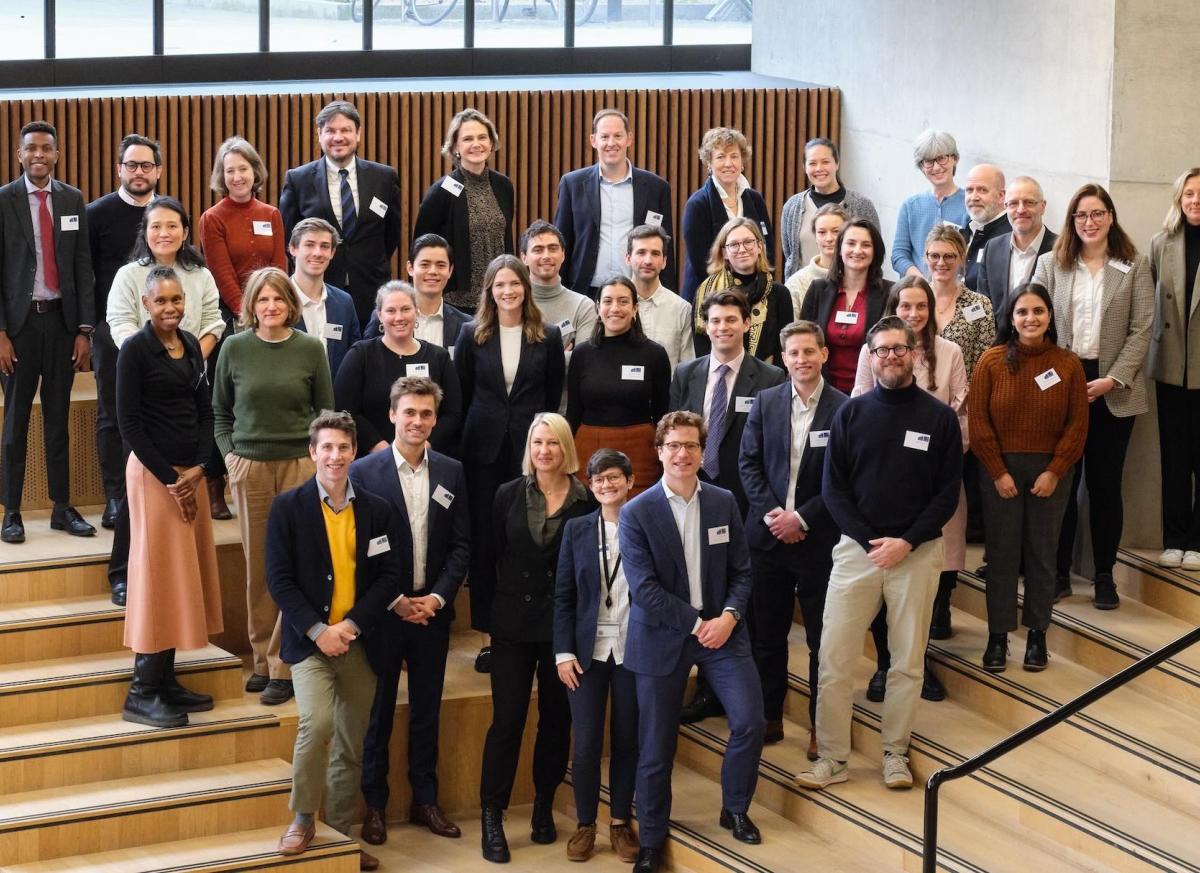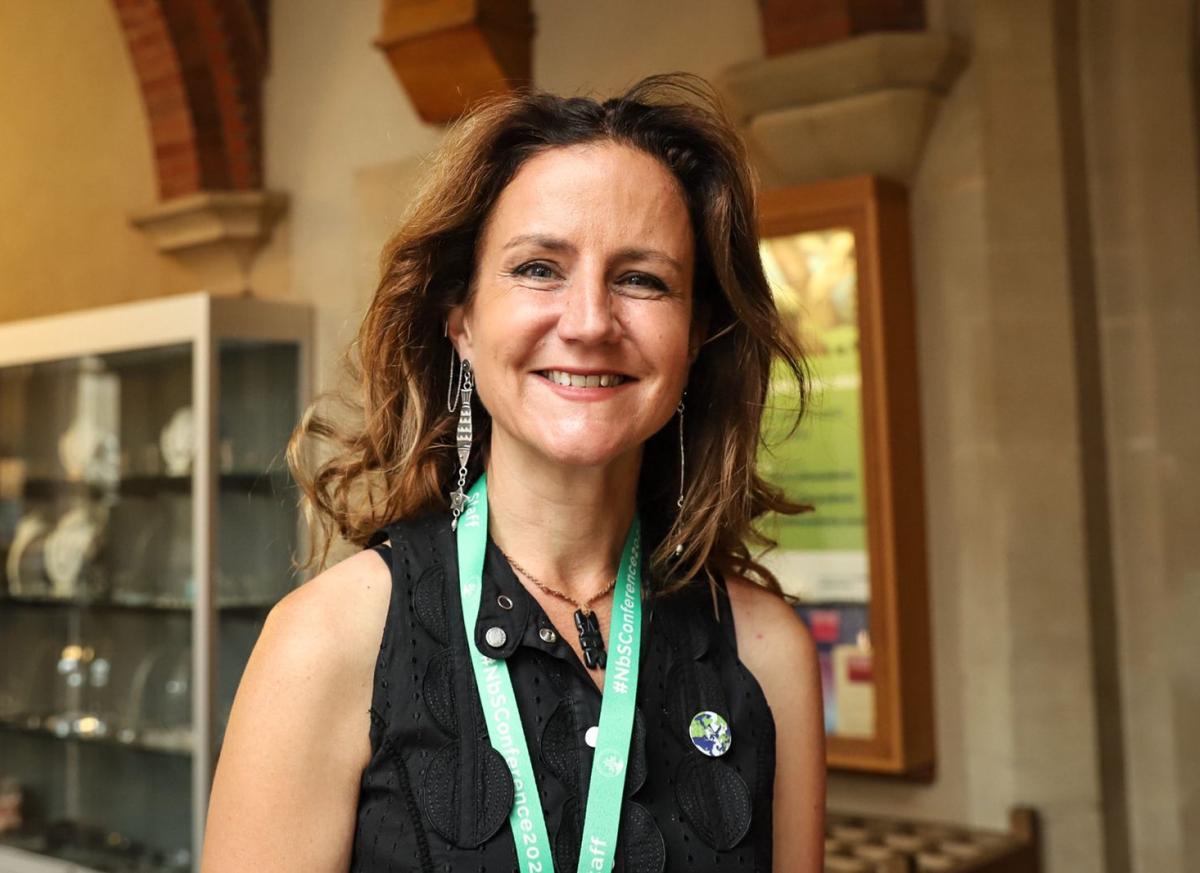News
How to buy sustainable salmon: an expert guide to navigating the nuance of eco-labels
Dr Laurence Wainright explained how to navigate the pitfalls of eco labels in this article for The Conversation. "We need to fundamentally change our relationship with seafood if we are to preserve this wonderful natural food resource. We don’t have to stop eating salmon but we must make smarter decisions, both at the fish counter and within seafood supply chains," he said.
Shedding light on the finances of solar panels
Dr Sugandha Srivastav and Dr Brian O'Callaghan commented on the finances behind solar panels for this Financial Times feature. “A lot of the time governments will say we’re making panels domestically, but all they’re doing is assembling the parts... Upstream supply chains are really important to be cognisant of,” said Dr. O'Callaghan.
Vegan foods better for the planet even when processed, study confirms
A new study published in Nature Communications finds that eating a diet rich in plant-based alternatives like vegan burgers and oat milk is significantly better for the environment than a diet of meat, fish and dairy.
How the courts are the new front line in climate change battle
Dr Thom Wetzer commented on the rise of climate lawsuits and the risks these post to investors in The National. "The more money that flows in, the more likely the litigation is to be professionally organised and the more likely it will succeed. And the more these cases succeed, the more money comes in … It’s a flywheel,” he said.
28% of Covid-19 spend could harm climate adaptation – new Smith School research
The research finds that only 10% of Covid-19 recovery spending was likely to enhance direct climate adaptation – though this rose to around 27% when potential indirect impacts were accounted for.
Labour scrapping £28bn green pledge could leave UK colder, sicker and poorer
Dr Anupama Sen told The Guardian it was "disappointing" to see the Labour party water down its flagship climate policy when other countries racing to prepare their economies for the green energy transition. "It would be better to stand firm and make the case for this level of investment, which is that it would reduce our emissions and shield against increasingly volatile energy prices to give us genuine energy security," she said.
Work starts on the Net Zero and Policy Regulation Hub
The Net Zero Regulation and Policy Hub aims to meet the enormous ‘implementation gap’ between the net zero targets that governments and companies have set, and the policies and actions needed to deliver them, and is co-led by Dr Thom Wetzer.
How to keep using (some) plastic without trashing the planet
Creating a circular economy for plastics needs to consider every stage of a product's life – from creation to disposal – while trying to keep useful plastic in the economy and out of the environment as much as possible.
Investors Face Direct Risk from Climate Litigation
Investors will be increasingly subject to direct climate litigation risk in 2024, reports ESG investor. The article cites research by Associate Professor Thom Wetzer and the Oxford Sustainable Law Programme, which found that investors are largely "flying blind" to the increasing risks.
Oxford research finds financial sector unprepared for climate lawsuits
Research by the Oxford Sustainable Law Programme (SLP) found that investors and regulators have seriously overlooked the risk of potential climate lawsuits. "The research is relevant to all investors, including the University of Oxford," said Associate Professor Thom Wetzer.
Professor Nathalie Seddon joins the Oxford Smith School
Nathalie Seddon, Professor of Biodiversity at the University of Oxford, has joined the Smith School of Enterprise and the Environment as founding Director of the Nature-based Solutions Initiative, a position shared jointly between the Oxford Smith School and the Department of Biology.
Why Veganuary: The environmental benefits of a low and no meat diet
Dr Mike Clark, Director of the Food Programme at the Oxford Smith School, discusses the environmental impacts of eating meat, the key research questions we still need to answer, and what individuals can do today.












